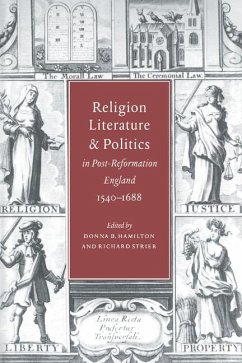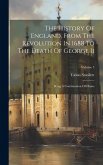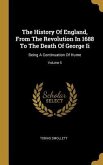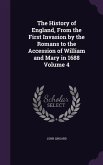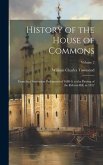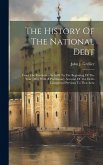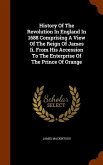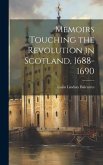This collection of essays by historians and literary scholars treats English history and culture from the Henrician Reformation to the Glorious Revolution as a single coherent period in which religion is a dominant element in political and cultural life. It seeks to explore the centrality of the religion-politics nexus for this whole period through examining a wide variety of literary and non-literary texts, from plays and poems to devotional treatises, political treatises and histories. It breaks down normal distinctions between Tudor and Stuart, pre- and post-Restoration periods to reveal a coherent (though not all serene and untroubled) post-Reformation culture struggling with major issues of belief, practice, and authority.
Table of contents:
Introduction Donna B. Hamilton and Richard Strier; 1. Sir John Oldcastle as symbol of Reformation historiography Annabel Patterson; 2. The 'sacred hunger of ambitious minds': Spenser's savage religion Andrew Hadfield; 3. Subversive fathers and suffering subjects: Shakespeare and Christianity Debora K. Shuger; 4. Kneeling and the body politic Lori Anne Ferrell; 5. Donne and the politics of devotion Richard Strier; 6. Catholic, Anglican or Puritan? Edward Sackville, Fourth Earl of Dorset, and the ambiguities of religion in early Stuart England David L. Smith; 7. Crucifixion or apocalypse: refiguring the Eikon Basilike Laura Blair McKnight; 8. Marvell, sacrilege, and Protestant historiography: contextualising 'Upon Appleton House' Gary D. Hamilton; 9. Entering The Temple: women, reading and devotion in seventeenth-century England Helen Wilcox; 10. Contextualising Dryden's Absolom: William Lawrence, the laws of marriage and the case for King Monmouth Mark Goldie; 11. Reformation in the Restoration crisis, 1679-1682 Gary S. De Krey; 12. Shadwell's dramatic trimming, Steven Pincus.
This collection of essays by historians and literary scholars treats English history and culture from the Reformation to the Glorious Revolution as a single coherent period in which religion is a dominant element in political and cultural life.
Demonstrates the centrality of religion to Post-Reformation English history, culture, and politics.
Table of contents:
Introduction Donna B. Hamilton and Richard Strier; 1. Sir John Oldcastle as symbol of Reformation historiography Annabel Patterson; 2. The 'sacred hunger of ambitious minds': Spenser's savage religion Andrew Hadfield; 3. Subversive fathers and suffering subjects: Shakespeare and Christianity Debora K. Shuger; 4. Kneeling and the body politic Lori Anne Ferrell; 5. Donne and the politics of devotion Richard Strier; 6. Catholic, Anglican or Puritan? Edward Sackville, Fourth Earl of Dorset, and the ambiguities of religion in early Stuart England David L. Smith; 7. Crucifixion or apocalypse: refiguring the Eikon Basilike Laura Blair McKnight; 8. Marvell, sacrilege, and Protestant historiography: contextualising 'Upon Appleton House' Gary D. Hamilton; 9. Entering The Temple: women, reading and devotion in seventeenth-century England Helen Wilcox; 10. Contextualising Dryden's Absolom: William Lawrence, the laws of marriage and the case for King Monmouth Mark Goldie; 11. Reformation in the Restoration crisis, 1679-1682 Gary S. De Krey; 12. Shadwell's dramatic trimming, Steven Pincus.
This collection of essays by historians and literary scholars treats English history and culture from the Reformation to the Glorious Revolution as a single coherent period in which religion is a dominant element in political and cultural life.
Demonstrates the centrality of religion to Post-Reformation English history, culture, and politics.

